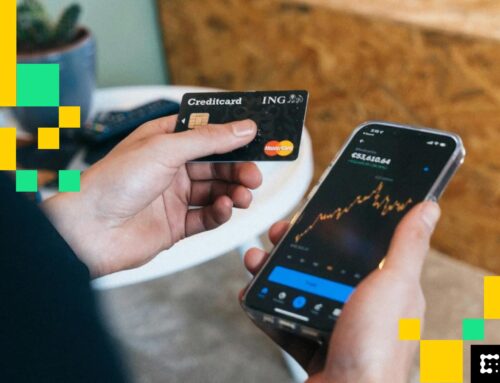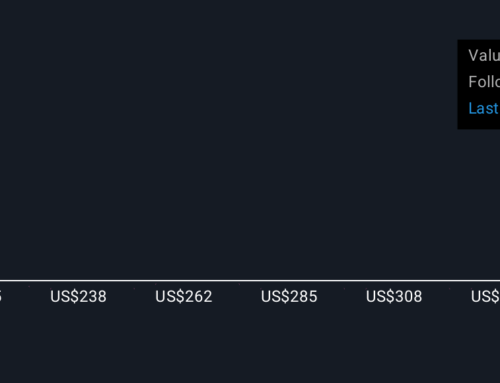Solar energy program offers rebates to San Diego customers
October 3, 2025
The program is part of the San Diego Community Power board’s goal to save customers money while promoting renewable energy.
After what San Diego Community Power said was a successful pilot program last year, the board expanded its solar battery project into a multi-year plan.
The program relaunched on Tuesday and offers financial incentives to people who install and use solar batteries inside their homes, especially during peak energy use hours. It aims to help customers save money while building a stronger, more sustainable energy grid that is less dependent on fossil fuels, according to the agency’s website.
“I’m just really excited to see this moving forward,” San Diego Community Power board Chair Terra Lawson-Remer said at a September meeting announcing the launch. “I think it’s exactly why we’re all so committed to San Diego Community Power, really the alignment between renewable energy and a green economy and providing affordable energy for our customers who are facing challenges every day with paying bills and making ends meet.
From the Documenters
This story came from notes taken by Abigail Segoviano, a San Diego Documenter, at a San Diego Community Power Board of Directors meeting last month. The Documenters program trains and pays community members to document what happens at public meetings. Read the note here.
“And when we can have a program that knocks both out of the park, it’s a real win.”
Customers receive an initial rebate to install a solar battery, according to the project description. It ranges from $250 to $500 per kilowatt-hour, depending on whether they are installing a new home solar and battery system or adding a battery to an existing setup.
Participants then earn 10 cents per kilowatt-hour when they discharge half of their battery during what is considered the most expensive and high demand energy period: from 4 p.m. to 9 p.m. on weekdays.
Anyone who is a San Diego Community Power customer, installs the battery at a single-family home where they receive service, charges the battery at home with solar panels and is not enrolled in other energy programs is eligible to participate.
Under the 2024 pilot program, 1,600 customers participated and 2,200 batteries were installed. Participants received an average upfront incentive of $6,900 incentive, Colin Santuli, senior director of programs told the board in September.
Santuli said that the pilot was featured in a U.S. Department of Energy report as a model program.
In the coming year, Santuli said the project will expand to 4,000 more homes, and in the years afterwards it could be over 10,000.
The program will also direct at least half of program funding to communities that are typically underserved by the solar and storage industry, Santuli said.
Serena Pelka, a policy advocate at the nonprofit Climate Action Campaign, called into the meeting to express her support for the project.
“We need local clean energy solutions as we work towards an affordable, pollution-free future. We’re really deeply grateful to see community power prioritizing that with this program,” she said.
Type of Content
News: Based on facts, either observed and verified directly by the reporter, or reported and verified from knowledgeable sources.
Search
RECENT PRESS RELEASES
Related Post




